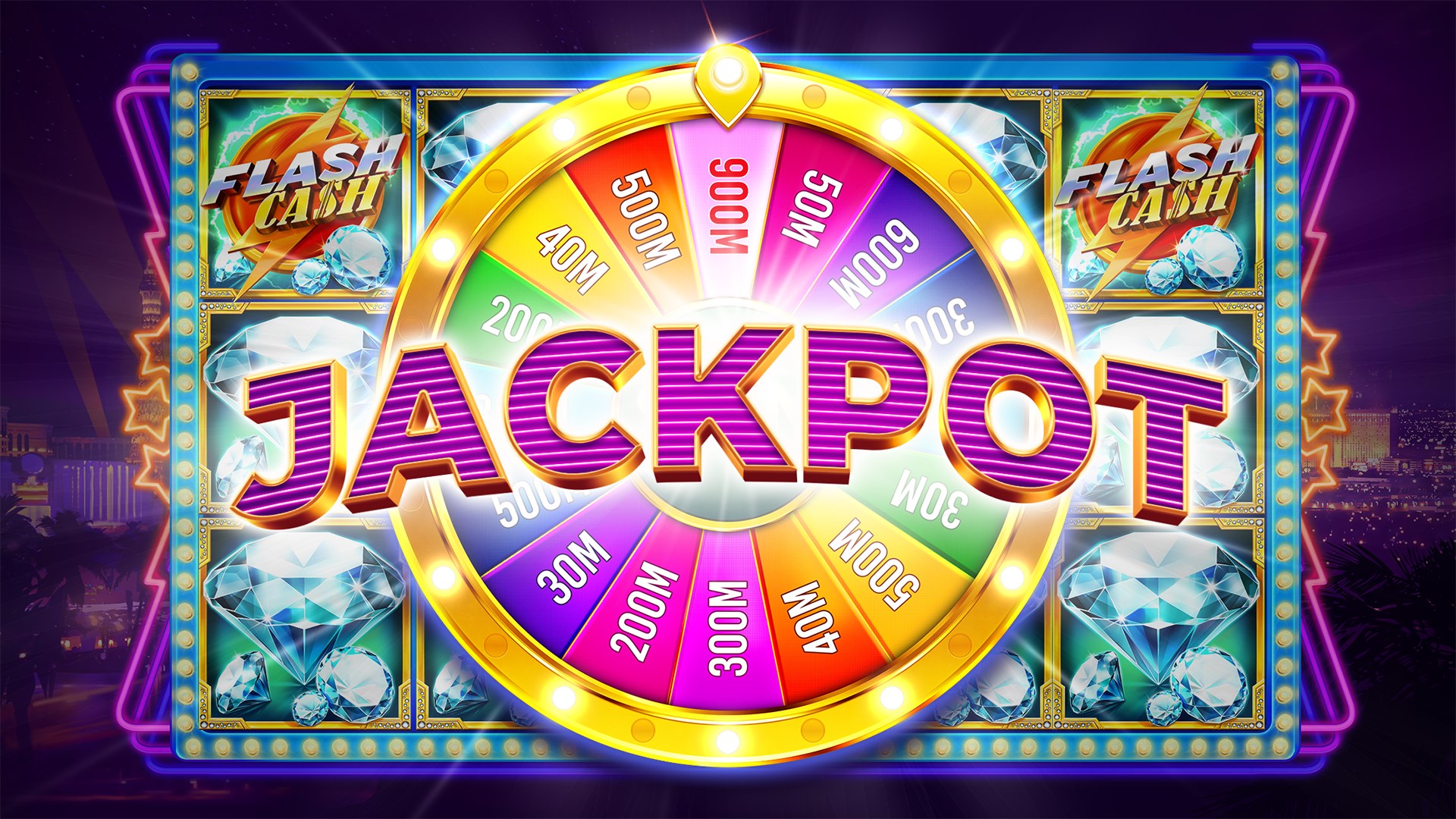Gambling has been an integral part of human recreation for thousands of years, evolving through societies and periods to become the exciting casino games we know today. From the ancient Chinese and Romans, who participated in different forms of betting and chance, to the advanced gaming floors of contemporary casinos, the appeal of gamble and reward has fascinated individuals across the globe. The change from basic dice games and primitive betting setups to the lavish environments of modern casinos reflects considerable strides in both cultural standards and technological.
As societies evolved, so too did the complexity of gambling activities, with gambling activities emerging as a separate category of leisure and excitement. These activities have evolved from casual gatherings centered around wooden tables to grand, opulent establishments designed to entice players. Today, we explore this fascinating journey, examining how traditional practices laid the groundwork for the varied and thrilling casino games that bring joy to millions worldwide.
spintax
Ancient Wagering Practices
Betting has profound roots in human history, with indications of games of chance originating from ancient civilizations. Archaeologists have uncovered that as far back as 3000 BC, the ancient Chinese were using primitive forms of betting with dice made from wood. Similarly, ancient Mesopotamians engaged in gambling activities, often relying on the throwing of lots or dice to determine results. These early forms of betting served not only as amusement but also played important roles in social and cultural customs.
The people of Egypt also participated in betting activities, with games that included betting on the outcomes of various occurrences, including athletic events and spiritual festivals. Artifacts such as dice and depictions of gamblers from ancient tombs demonstrate that gambling was a popular pastime. https://vuagamebai88.net/ It provided both leisure and a means of engaging in social connections, often linked to festive occasions or major gatherings. This activity showed the universal appeal of chance and competition throughout the ages.
In ancient Rome, betting became a widespread practice among the people, as shown in references in texts and the establishment of guidelines around certain activities. Romans enjoyed a variety of betting activities, from betting on horse races to playing games similar to modern-day board games. The legal structure surrounding these activities began to take shape, establishing the foundations for gambling regulations that would develop in the centuries to come. The prevalence of betting during this period set the stage for the development of gambling house games in the future.
The Development of Casino Games
Gambling games have experienced substantial transformations from their beginnings to the contemporary entertainment options. In ancient civilizations, gaming was frequently associated to ceremonial practices, with dice games found in Mesopotamia and wagering on the outcomes of events in old Rome. These early forms of gambling laid the groundwork for the structured games we see today. The transition from informal gambling to systematic games happened as societies began establishing rules and venues for wagering, reflecting cultural values and practices.

The Middle Ages saw the development of card games, which gained popularity among the nobility of Europe nobility. Games like primero and the game baccarat became staples in social gatherings. The invention of printing technology additionally enabled the spread of playing cards, making them more accessible to the masses. As gambling houses began to proliferate, these card games evolved into adaptations that appealed to wider audiences, eventually leading to the establishment of casinos as specialized venues for gaming.
The 1900s marked a significant point in the progression of casino games, with the growth of commercial casinos in Vegas and other betting centers. This era brought forth games like slot machines and modern variations of table games, complete with advanced graphics and detailed betting structures. The arrival of online casinos in the tail end of the 1990s also changed the gaming industry, allowing players to access a wide range of casino games from the convenience of their homes. Today, casino games go on to evolve, blending traditional elements with advanced technology to create immersive experiences for players worldwide.
Contemporary Gambling Regulations
In these years, the landscape of gambling regulations has developed considerably, particularly as tech advances and internet-based gaming have become increasingly prevalent. Regulatory bodies around the world have introduced various regulations and guidelines to guarantee that gambling activities are performed fairly, with responsibility, and openly. These regulations often encompass elements such as licensing, advertising, player safeguards, and responsible gaming measures. Authorities aim to reduce problems such as gambling addiction and cheating while fostering a just gambling environment.
The emergence of online casinos has necessitated a different approach to oversight. Many jurisdictions have created dedicated online gambling frameworks that serve internet-based gaming, enabling operators to offer their offerings legally. These frameworks often demand operators to secure permits, adhere to strict safety standards, and provide assistance options to assist players. By closely observing internet activities, regulators can better protect players from risks and make sure that gaming is conducted in a safe manner.
Additionally, contemporary gambling laws are increasingly focusing on sensible gambling initiatives. Many gaming establishments and internet-based sites now adopt features such as player exclusion, financial limits, and time-outs to help players control their gambling habits. Awareness campaigns aimed at educating about the risks of gambling are also widespread. As the industry continues to expand, the focus on responsible gambling remains a cornerstone of regulatory efforts, showing a commitment to encouraging a secure and enjoyable gaming experience for all players.